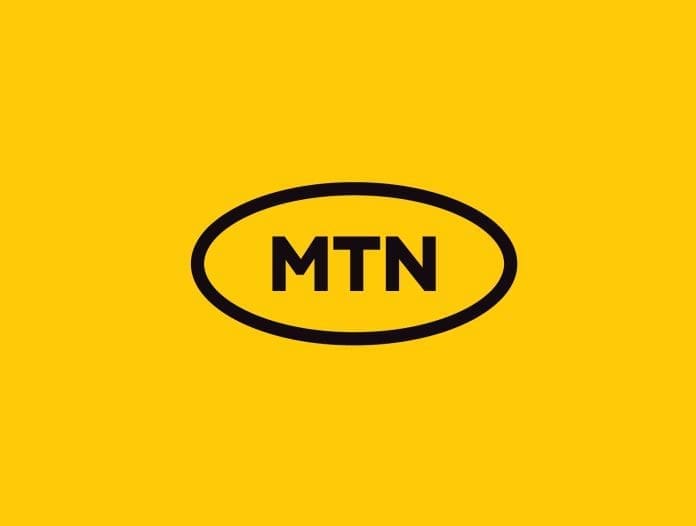Ghana’s leading mobile operator will take a cautious approach to phasing out older network technologies, prioritizing customer retention over spectrum optimization as millions of subscribers remain dependent on legacy systems.
MTN Ghana Chief Executive Stephen Blewett announced the gradual transition strategy during the Digital Africa Summit in Accra, acknowledging that significant subscriber populations still rely on 2G and 3G networks despite widespread 4G availability.
The telecommunications giant faces a complex balancing act between network modernization and customer accessibility. While 4G coverage extends across Ghana’s major population centers, consumer behavior and device limitations continue supporting demand for older network technologies.
Blewett explained that customer preferences often drive 3G usage patterns even where 4G services are available. Some subscribers deliberately select 3G connections to manage data consumption, believing the faster 4G speeds lead to higher usage and costs.
Device compatibility represents another significant barrier to network transition. Across Africa, mobile operators are accelerating high-speed network deployment while phasing out legacy technologies, yet millions of users operate smartphones and feature phones that lack 4G capability.
The cautious approach contrasts with more aggressive phase-out timelines implemented elsewhere across Africa. MTN’s South African operations accelerated 3G shutdown plans to December 2025, while regulatory frameworks in some markets have set firm deadlines for legacy network decommissioning.
Ghana’s mobile market dynamics present unique challenges for network modernization. Rural connectivity requirements, income levels, and device affordability create conditions where 2G and 3G technologies retain practical value for substantial user bases.
MTN’s spectrum optimization objectives remain unchanged despite the extended timeline. The company seeks to reallocate frequencies from legacy networks to support enhanced 4G services and eventual 5G deployment across Ghana’s telecommunications infrastructure.
However, Blewett emphasized that customer transition must precede network shutdown to avoid service disruptions. Ensuring affordable 4G device availability represents a prerequisite for legacy network decommissioning.
The measured approach reflects broader industry recognition that network modernization requires coordinated strategies addressing both technological and socioeconomic factors. Ghana’s digital transformation initiatives could add $20 billion to the economy by 2030, making inclusive connectivity strategies essential for development objectives.
MTN’s decision acknowledges mobile network operators’ responsibility to balance commercial objectives with universal access principles. Premature legacy network shutdown could exclude vulnerable populations from digital services and economic opportunities.
The telecommunications sector’s evolution toward advanced networks creates opportunities and challenges across African markets. While operators pursue spectrum efficiency and service enhancement, they must navigate transition periods that maintain service quality for diverse customer segments.
Ghana’s mobile market serves over 40 million subscribers across multiple operators, with MTN holding significant market share. The company’s approach to legacy network management will likely influence industry practices and regulatory considerations.
Network modernization continues advancing across Ghana’s telecommunications landscape despite the measured transition timeline. The strategy prioritizes long-term customer retention over short-term operational efficiencies while supporting national digital development goals.
Source: newsghana.com.gh











